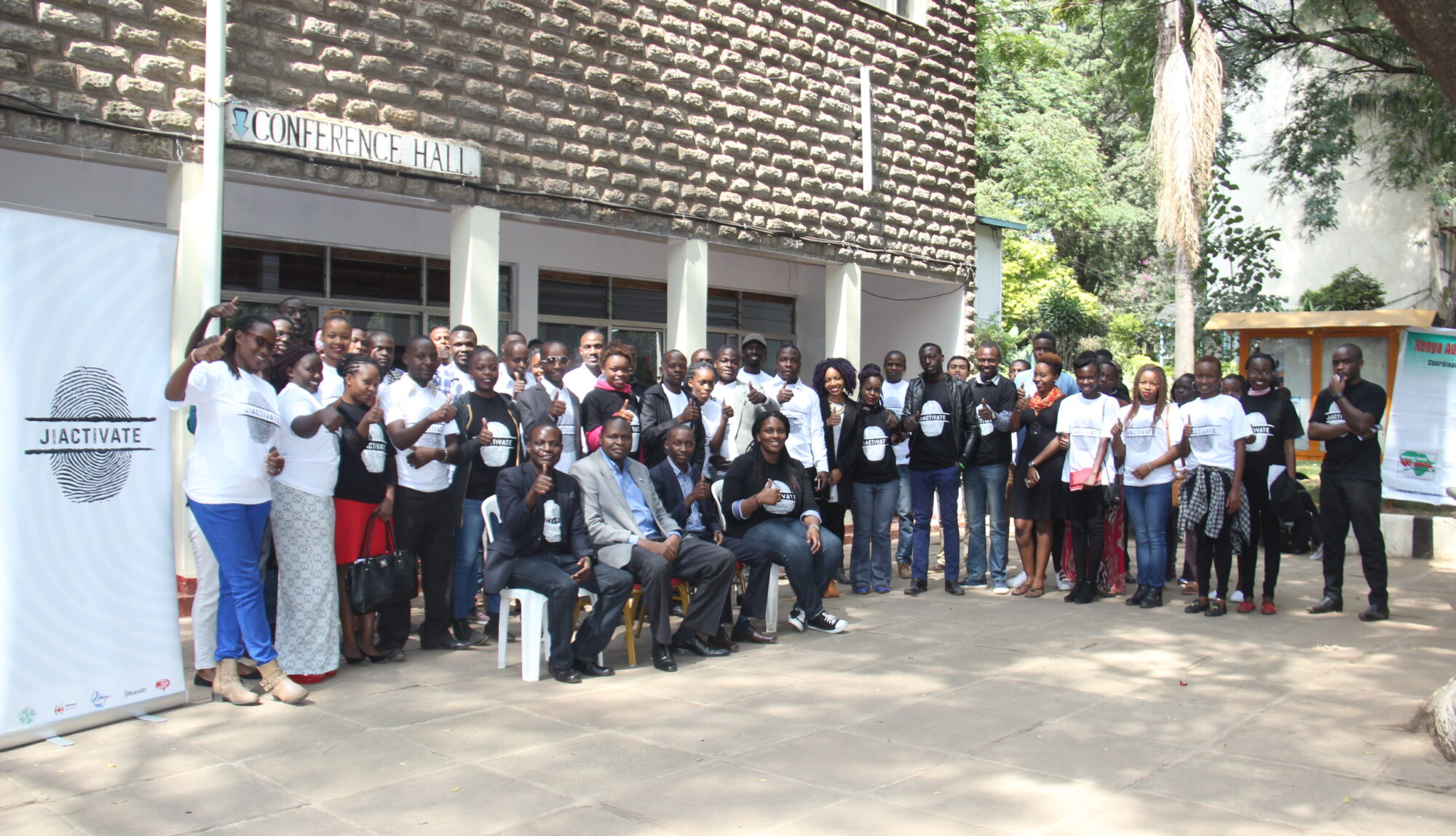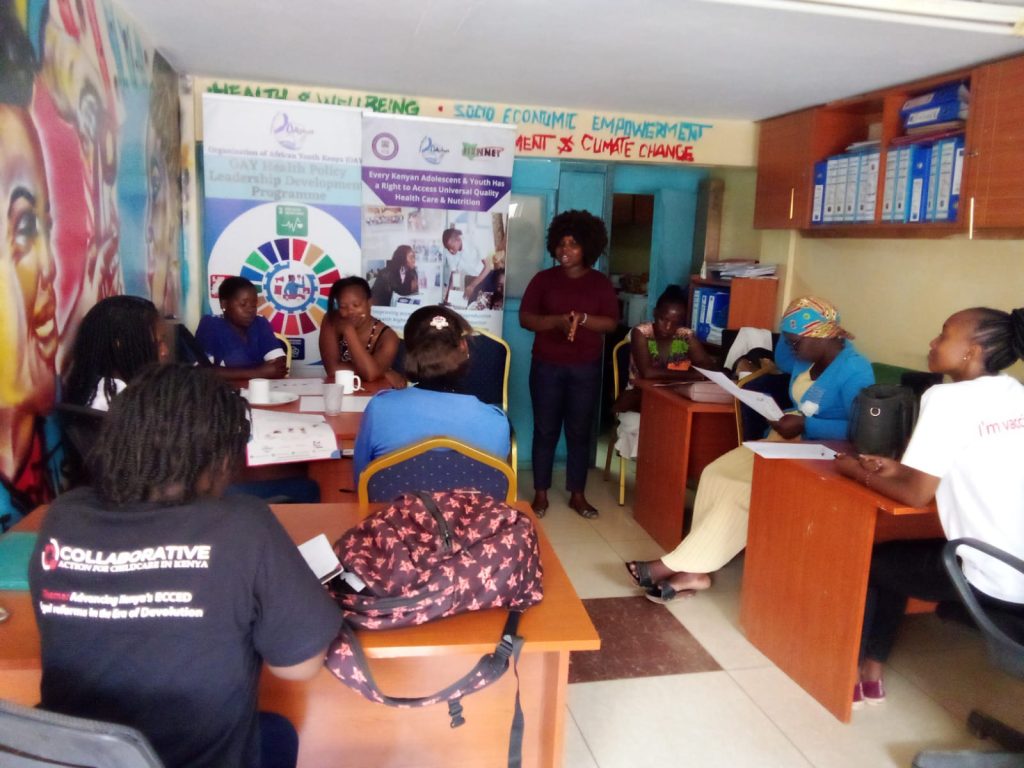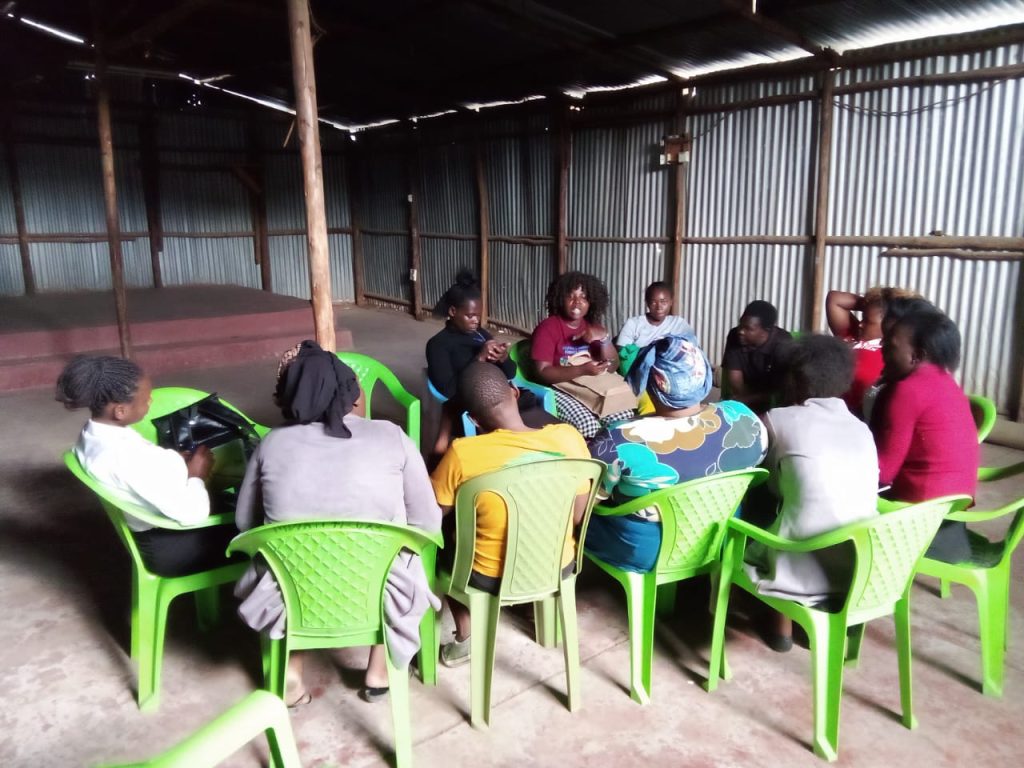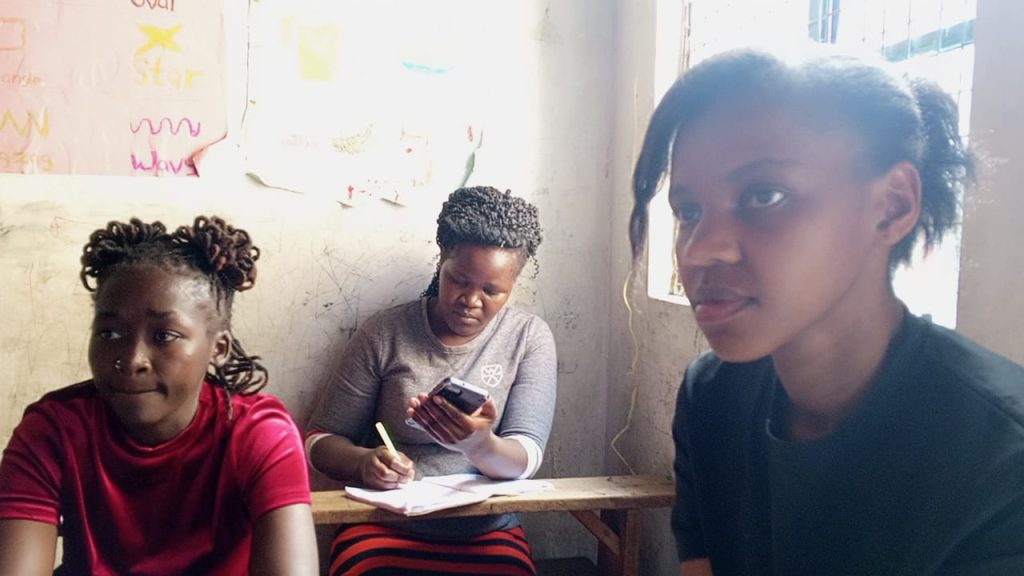Tunza Bora: Empowering Women-Owned Daycares for Success

In today’s society, the early childcare and mentorship sector is deeply rooted in the tradition of women, both young and old, taking care of children.
However, this norm has had adverse effects on the business output of young women-owned daycares and has increased the demand for the establishment of such centers.
It is, therefore, crucial for business owners and stakeholders to collectively work towards creating a better environment and improving business production, particularly in Kenyan slums.


In September 2022, The Nairobi Early Childcare in Slums (NECS) and the community of practice (CoP) studies organized a stakeholder engagement and dissemination workshop in Nairobi, Kenya.
The workshop revealed a growing demand for childcare in urban-poor settings, primarily due to the increasing number of women seeking paid work and the diminishing support from extended family members.
When comparing home-based centers to other types of centers, such as school-based ones, it becomes evident that the providers of home-based centers often lack the necessary skills, knowledge, and resources to facilitate their day-to-day activities and contribute to successful business operations.
In line with these and various other factors, the Organization of African Youth (OAY), in partnership with the World University Service of Canada, has initiated a project, “Tunza Bora,” to empower young women-owned daycares in the slums.
The project, which has been running since October 2022, provides training to these entrepreneurs on childcare, mentorship, business, and administration. The aim is to help these women understand that despite societal expectations of them caring for young children, their businesses must also be sustainable and profitable.
Additionally, they have been enlightened on various marketing strategies such as referrals, door-to-door promotion, posters, word-of-mouth advertising, and social media marketing, to make their businesses stand out.



Providing excellent service to clients is also crucial as it can significantly impact the success of a childcare business.
Furthermore, establishing policies that align with the entrepreneur’s vision for the business is essential. For example, determining the center’s working hours, payment schedules, and other necessary policies that clients must adhere to in order to receive services.
Another critical aspect is the development of business management skills. During the project, it was discovered that one of the major challenges faced by these young women was parents seeking sympathy to avoid making payments.
However, they were encouraged to prioritize empathy over sympathy and understand that the business can only thrive when there is a steady flow of income and no parent evades payment.



The daycare sector in Kenyan slums is facing similar gaps, exacerbated by the ongoing pandemic. Mentorship and empowerment of these entrepreneurs, along with a collective responsibility of society, are needed to address these challenges.
The Organization of African Youth (OAY) is committed to creating a safe and productive environment for young children and their caregivers in these centers.